- AI
- A
Feelings on outsourcing or why knights should fear large language models
Marshall McLuhan in his famous book Understanding Media: The Extensions of Man argued that every new medium is an extension of man. The telephone, for example, became an extension of our voice, and the internet - an extension of our brain. In the 21st century, we have witnessed the emergence of another significant extension - neural networks in general and large language models in particular, such as those developed by OpenAI. These models do not just transmit or complement our thoughts and feelings - they form, interpret, and even predict them. Should we be afraid of all these changes? Hardly.
Outsourcing Feelings
Have you ever thought that we are gradually transferring the expression of our emotions to technology? Think about how often you use smileys and emojis to convey your emotions in text messages. These little pictograms have become a universal language understood by people all over the world. Just as the telephone became an extension of our voice, smileys have become an extension of our feelings.
A Muscovite communicated with a girl using ChatGPT for a year and proposed to her.
We sit in the tram with stone faces, sending hearts to those we love. We have deprived ourselves of the opportunity to express feelings in person. Once, in the days of written (in paper letters) communication, we had the opportunity to express our feelings not in person, but through the intricate weaving of words. We invented beautiful phrases, wrote long letters into which we put part of our soul. With the advent of the telephone and, later, emojis, the expression of feelings became even simpler. What will happen next? Have we stopped experiencing these feelings in the process? I think the answer is obvious - the feelings have not gone anywhere, only the form of their expression has changed.
The neural network wrote a thesis for a Russian student in one evening. Teachers are shocked - how to check knowledge now?
Models like GPT are capable not only of generating text, but also of analyzing the emotional coloring of messages, suggesting adequate reactions, and even creating content taking into account the user's emotional state. This raises the question of what other aspects of human communication can be outsourced to machines. It is at this point that the fear of new technologies begins. Is it justified?
Why knights should fear large language models
In the medieval era, knights were the elite, a symbol of strength and honor. However, with the advent of firearms, their significance sharply declined - musketeers became the new force, and knights became unnecessary. History repeats itself: today, many professions that were considered indispensable face the threat of extinction due to the introduction of large language models. But looking back, was it worth worrying about knights fading into the past? Were we inevitably heading into the abyss of a nightmarish, unprincipled, and soulless future?
Suno introduced the third version of the neural network for music generation
Translators, copywriters, consultants, illustrators, musicians - these are just a few of the professions that can be seriously transformed or even displaced by neural network models. GPT-4 and its analogs are capable of generating texts at the level of human understanding, translating languages with high accuracy, and even providing consulting services. This raises concerns that many professionals will become "knights" displaced by the new "musketeers" of technology.
A developer used a real-time deepfake to pass an interview for a friend.
With the advent of large language models, the process of transferring our thinking has become even deeper. However, as with the musketeers, this does not mean the end of all these professions. Instead of fighting the inevitable, it is better to adapt and use new tools. Large language models can become a powerful extension of any professional's capabilities, helping them work more efficiently and creatively.
The painting created by the neural network Midjourney won a prize at the fine arts exhibition
McLuhan says that every new medium changes our perception of the world and ourselves. Large language models not only expand our cognitive abilities but also make us rethink our role in the world of technology. Perhaps, instead of fearing the displacement of your profession, which will happen anyway, whether we want it or not, we should think about how we can integrate these tools into our lives and work.
The neural network passes the interview for you!
Transformations have always been there. The only difference is that these changes used to stretch over generations, giving us the opportunity to get used to them quite comfortably. Today, we don't have that much time.
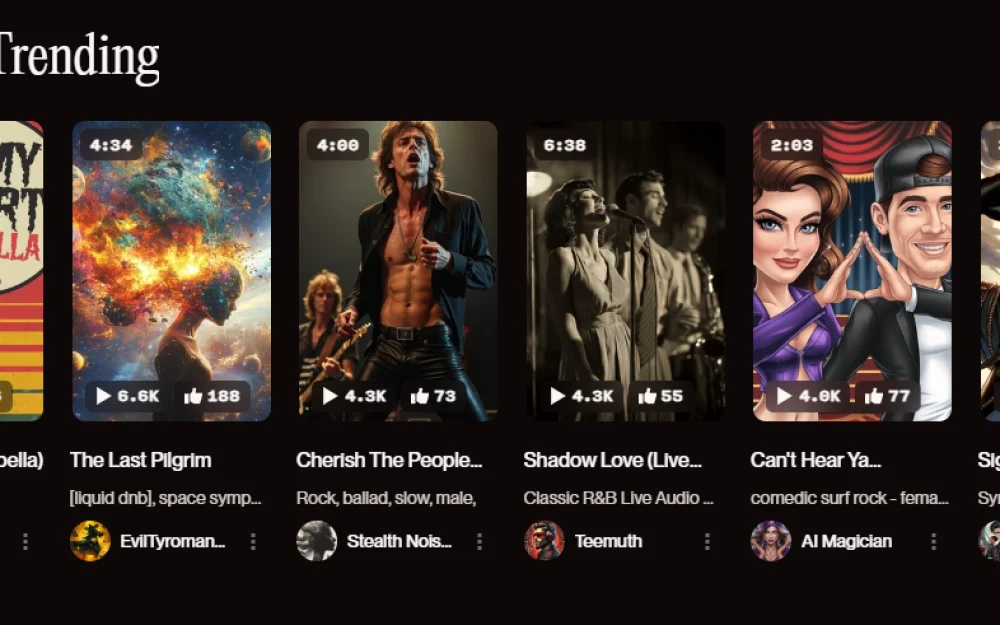

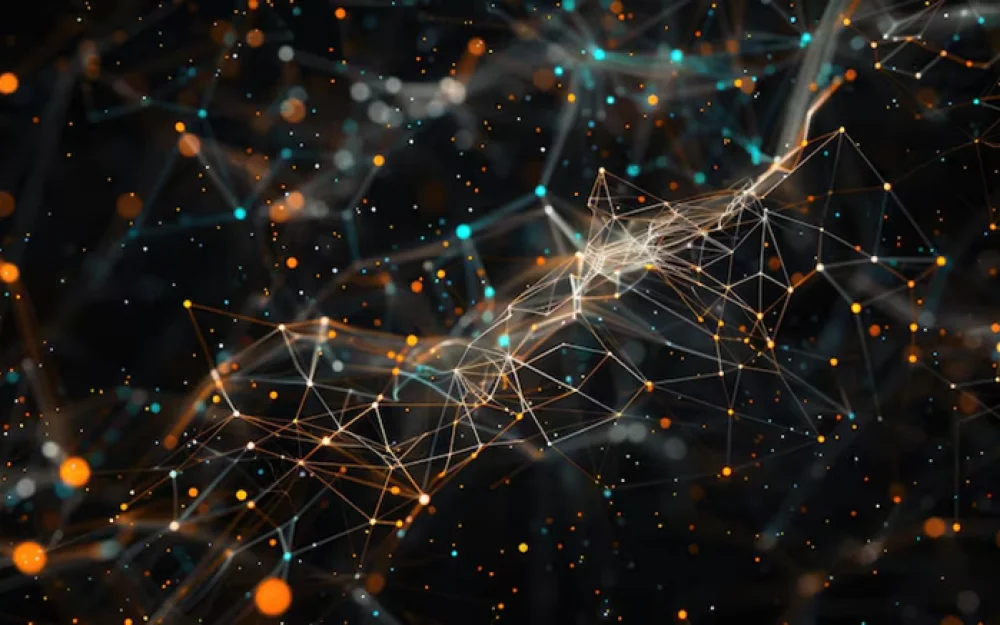
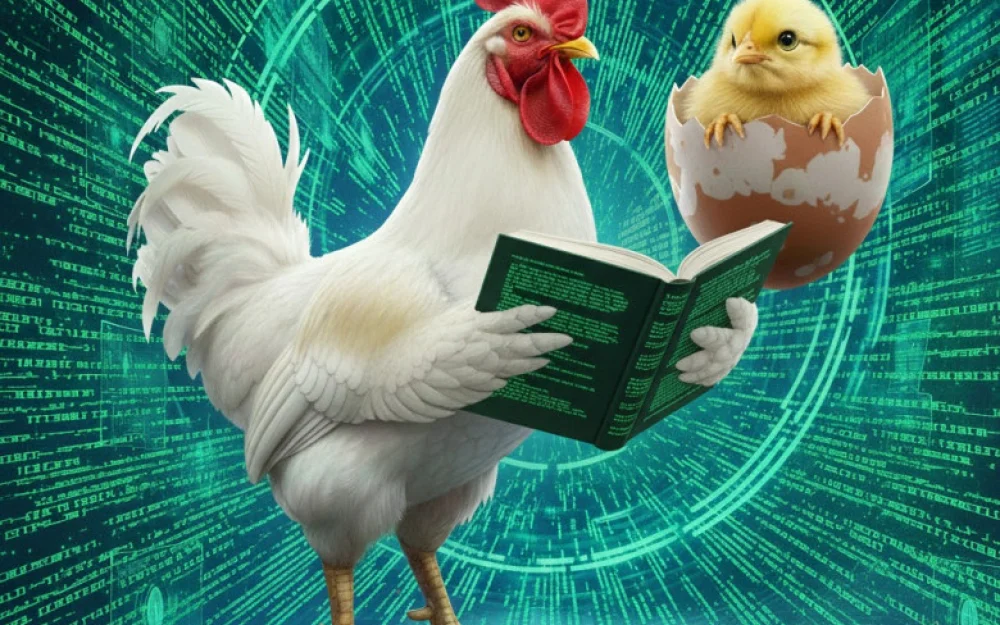
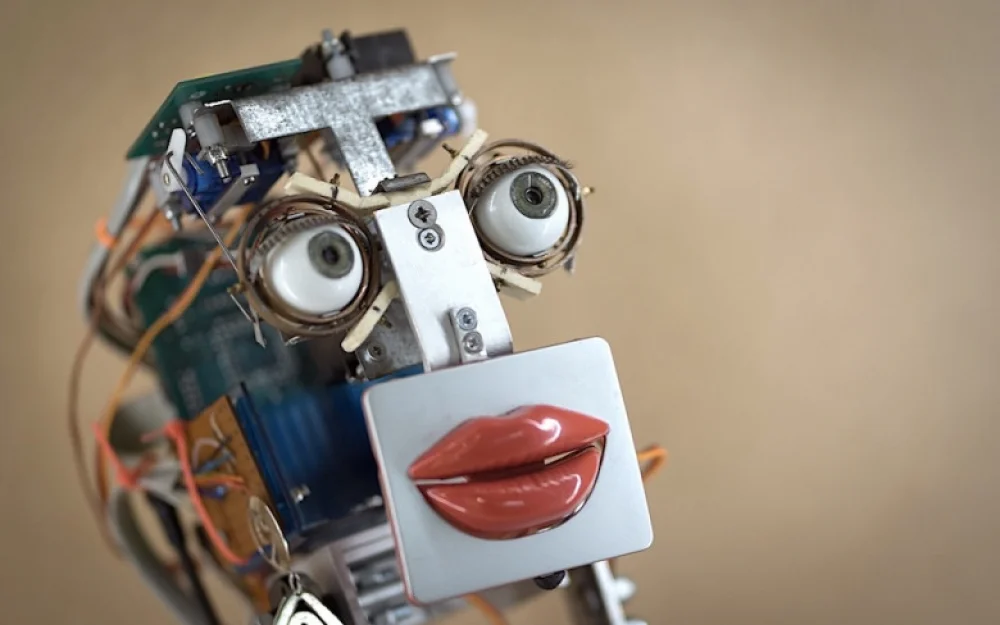
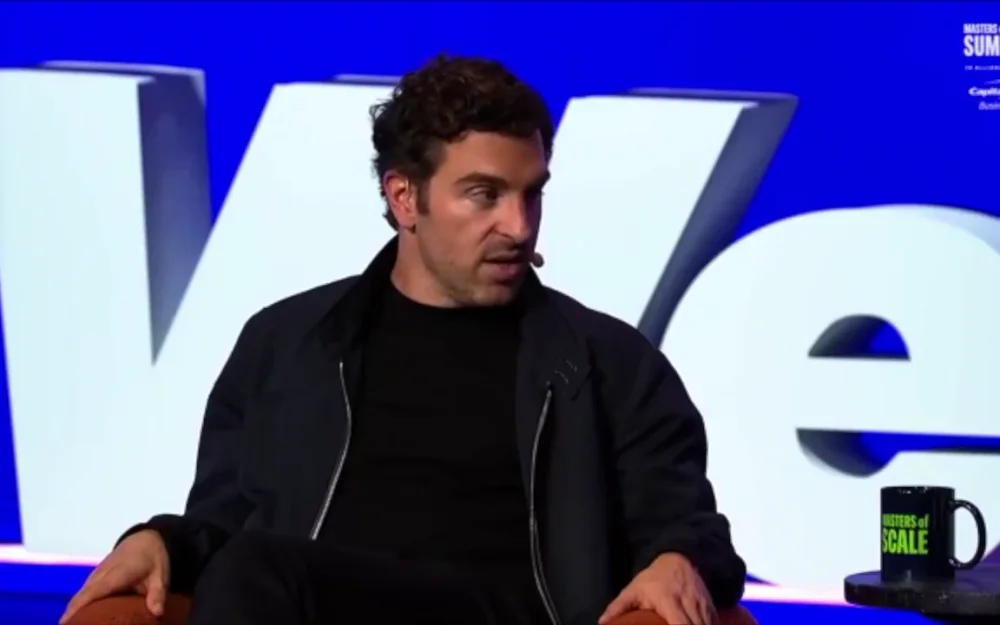
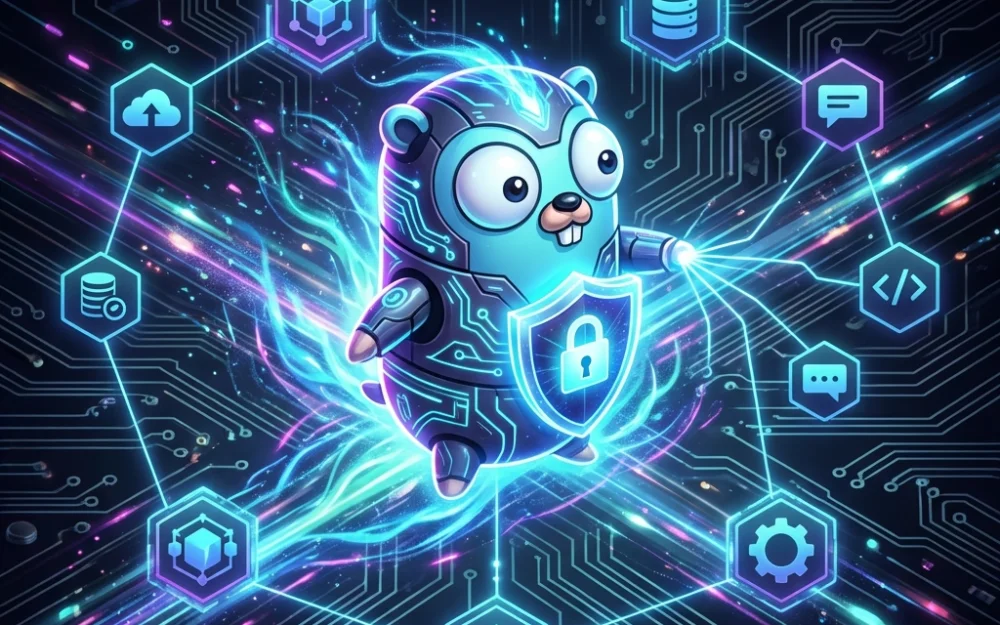

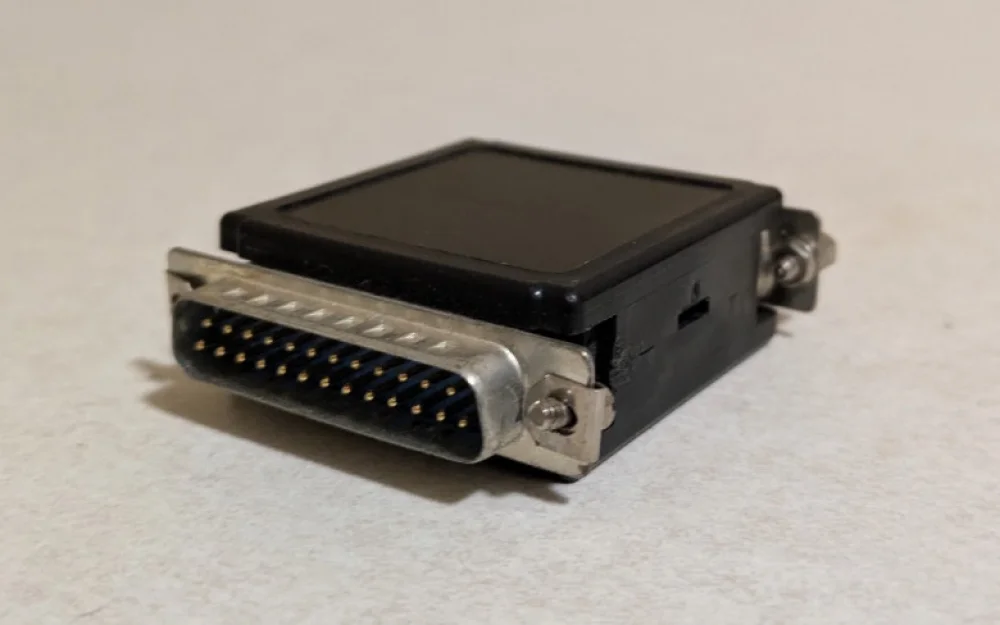
Write comment